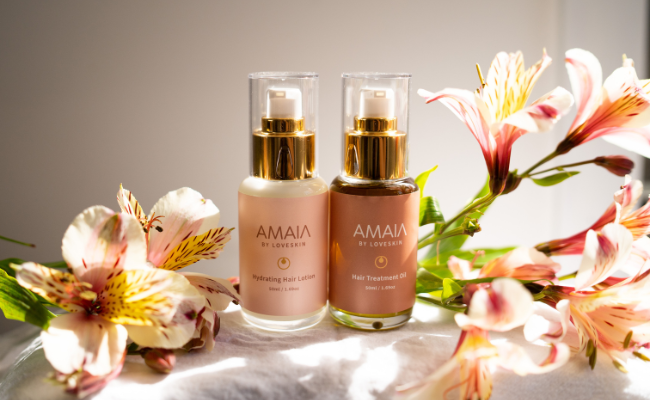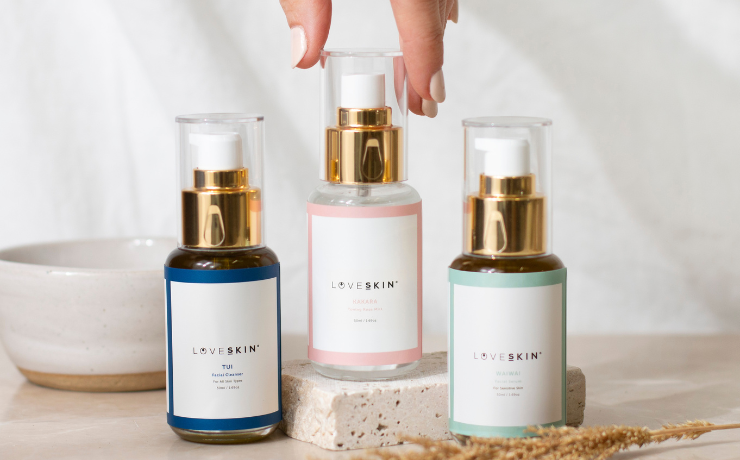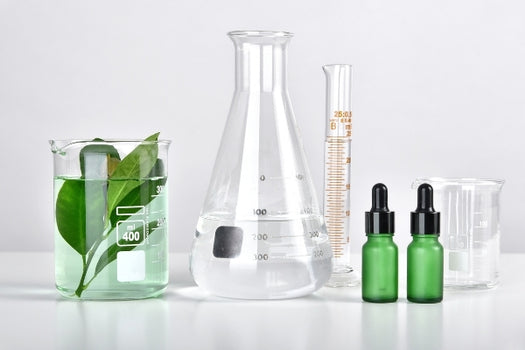Parabens: What Are They Doing to Your Body?
Anyone who is skincare-aware will know we should to avoid parabens. We’re told parabens are bad for our health and that we should never ingest them or use products that contain them. But what about their effect on the skin and body, and how can you tell if they are in your skincare products?
How You’re Being Exposed to Parabens
Parabens are synthetic preservatives used in foods, pharmaceuticals, cosmetics, and personal care products. They’re in everything from moisturisers and facial cleansers, to toners and body washes. While they extend the shelf-life of products, parabens are considered endocrine-disrupting chemicals – meaning that if they get into the body in high enough doses, they can mimic and disrupt your natural hormones.
When applied topically, parabens can be absorbed by the skin and can enter the bloodstream. As the vast majority of cosmetic products containing parabens are usually applied to the skin, they can be a major source of exposure.
Should You Be Concerned?
In short, yes. There is growing evidence that links parabens to a whole host of serious reproductive, endocrine, respiratory, and other health problems. These include:
- Cancer (of the breast, prostate, and skin birth defects
- male and female infertility
- skin disorders and contact allergies
- hormone disruption (and possible early menopause)
- increased skin ageing (due to changes in how the body responds to ultraviolet-B exposure).
If that’s not enough to alarm you, consider this: parabens have been found in breast tissue, breast milk and placental tissue. Traces of parabens have even been found in human breast cancer tissue.
How You Can Protect Yourself
Product labelling is complex business. Marketers know that you’re savvy enough to avoid anything that says “parabens” listed on your product’s ingredients label, so they’ve worked out ways to mislead you. Often, parabens will be buried under another term, such as the collective term “fragrance.” Or, they simply don’t mention it all, even if it’s present.
So, how can you protect yourself? At a minimum, you should avoid the entire paraben family by looking out for methylparaben (E218), ethylparaben (E214), propylparaben (E216), and butylparaben (E209) p-hydroxybenzoate.
To truly be on the safe side, choose skincare products from an ethical brand that uses carefully selected natural ingredients. If you’re just starting out on your paraben-free skincare journey, you might like to join our loyal community of LOVESKIN devotees. By introducing natural skincare products made with rich and pure botanical oils, you’ll experience powerful effects on skin and body health…without the nasties.



